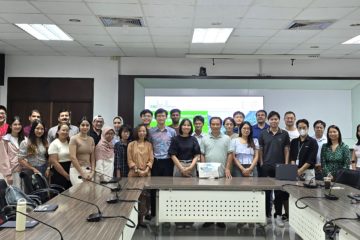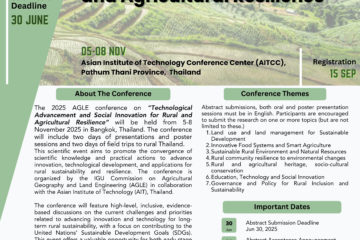Seminar: Why Does AI Have a Gender Problem?
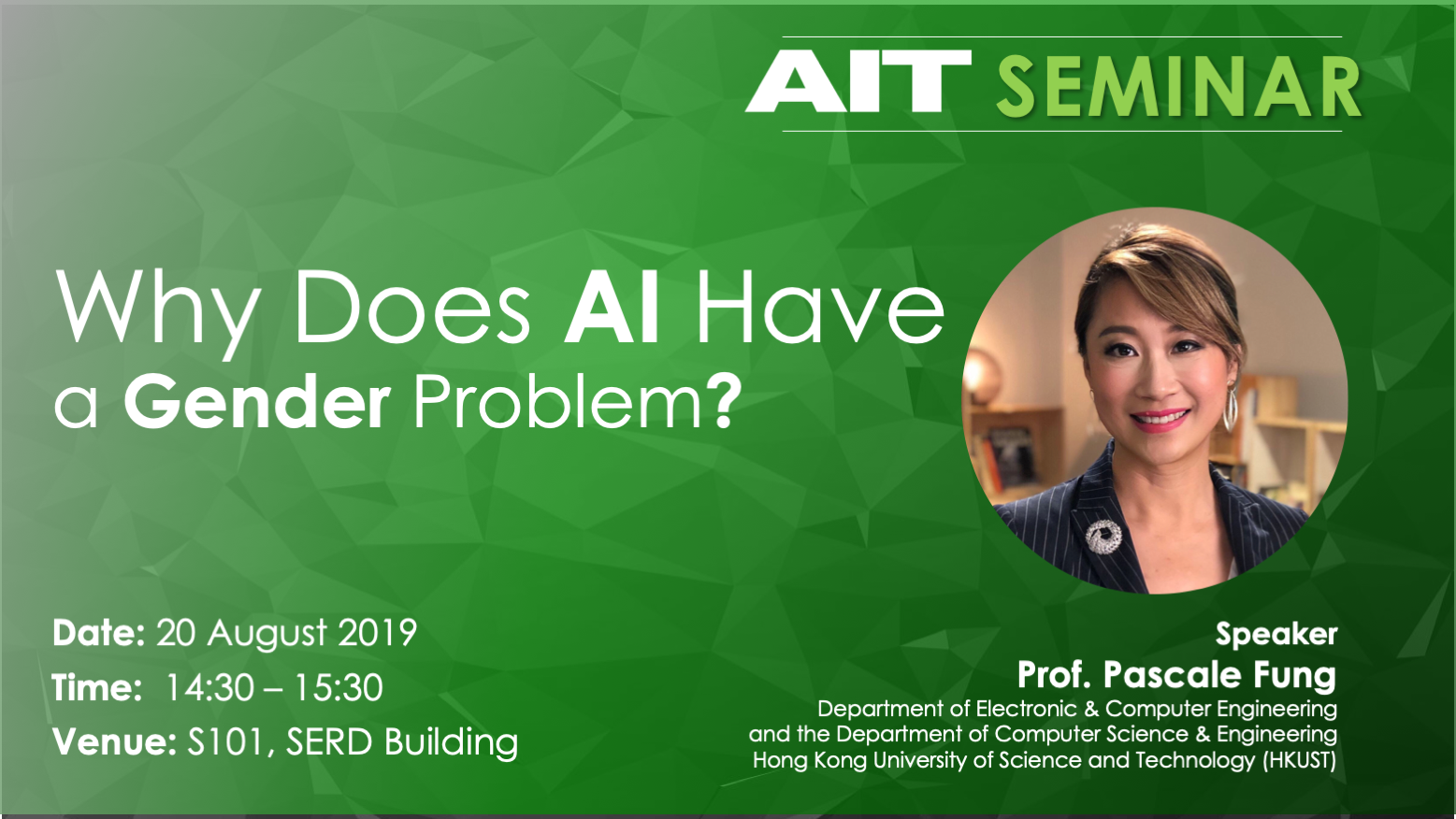
All are welcome to attend
Department of Development and Sustainability has a special seminar on ‘Why does AI have a gender problem?’ by Prof.Pascale Fung, Faculty of Department of Electronic & Computer Engineering and the Department of Computer Science & Engineering Hong Kong University of Science and Technology (HKUST) as detail below:
Date: 20 August 2019
Time: 14:30 – 15:30
Venue: S201, SERD Building
Abstract
Language representations from language models to word embeddings are known to reflect gender bias, where “doctor” is more closely associated with “men” and “nurse” with women. Intelligent system performances, ranging from that from voice recognition to recruitment tools, are known to favor male users. Virtual assistants such as Alexa, and humanoid robots such as Sophia, are often in female form whereas robots that perform physical tasks are often in male form. These gender roles of AI and robotics systems mirror the gender roles in the physical world, where deep seated, at times unconscious, bias has led to the acceptance of such roles. The cultural influence of science fiction and the gender roles of AI and robots in this genre is also non-negligible. The creators of both fictional and non-fictional AI and robot systems are predominantly men. Computer Science has seen a steadily decreasing female participation in the last 30 years, and the field of AI is following the same trend.
In this talk, I will describe our work in detecting gender bias in both the traditional media and social media. I will also describe my experience and insights with gender roles in AI from working on the world’s first continuous speech recognizer for a defense contract, to creating virtual assistants for consumers, and my experience in countries with very different cultures. I hope to share with the audience that the need for creating a more gender-balanced world of AI has never been so urgent and our responsibilities as AI researchers never so great, as we sit at the cusp of the 4th Industrial Revolution.
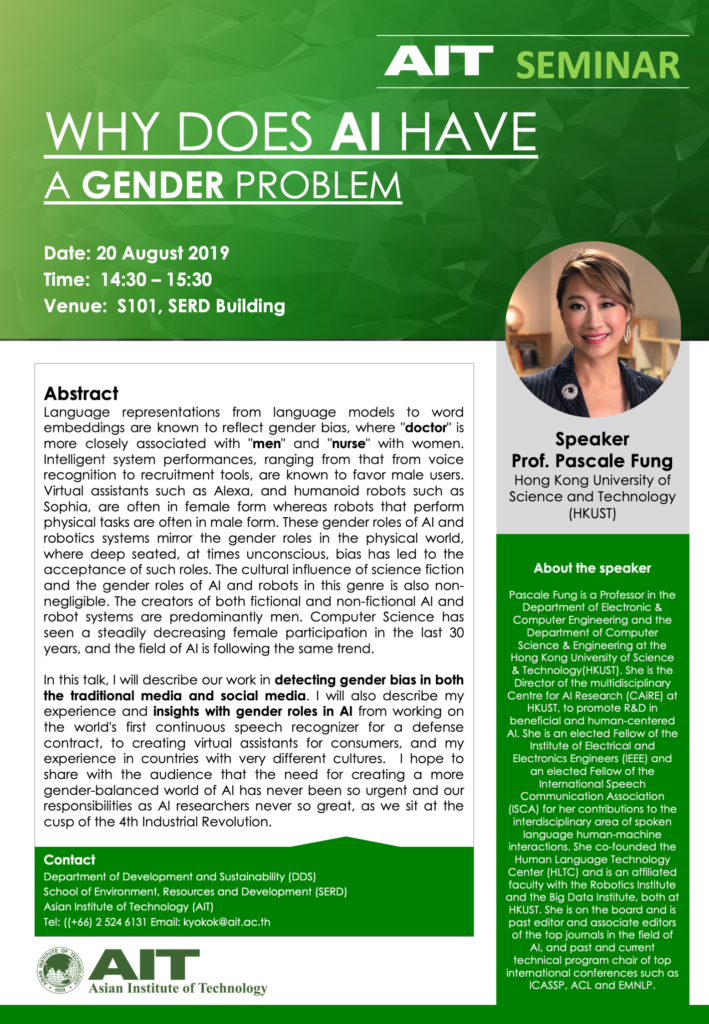
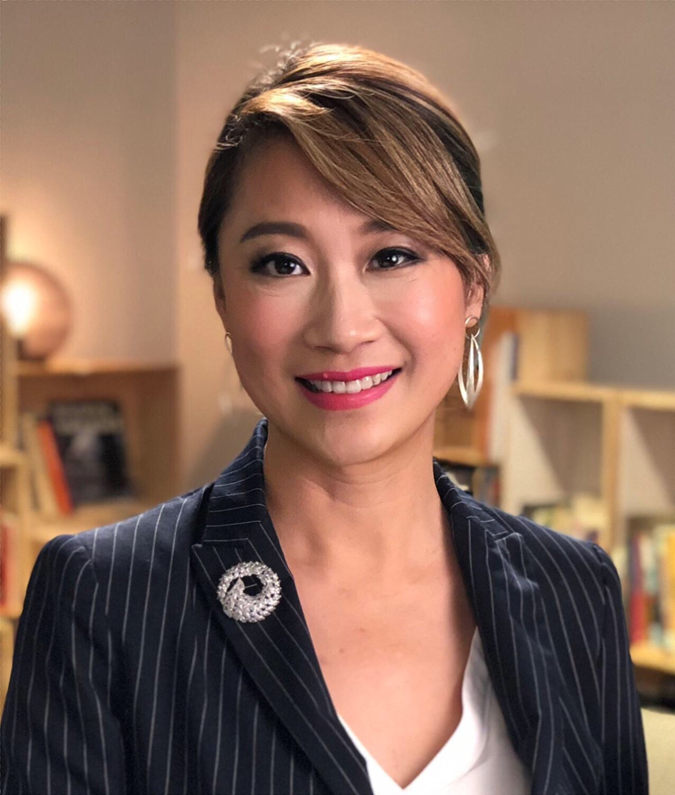
Biography
Pascale Fung is a Professor in the Department of Electronic & Computer Engineering and the Department of Computer Science & Engineering at the Hong Kong University of Science & Technology(HKUST). She is the Director of the multidisciplinary Centre for AI Research (CAiRE) at HKUST, to promote R&D in beneficial and human-centered AI. She is an elected Fellow of the Institute of Electrical and Electronics Engineers (IEEE) and an elected Fellow of the International Speech Communication Association (ISCA) for her contributions to the interdisciplinary area of spoken language human-machine interactions. She co-founded the Human Language Technology Center (HLTC) and is an affiliated faculty with the Robotics Institute and the Big Data Institute, both at HKUST. She is on the board and is past editor and associate editors of the top journals in the field of AI, and past and current technical program chair of top international conferences such as ICASSP, ACL and EMNLP.
Fung’s work has always been focused on building intelligent systems that can understand and empathize with humans. Her specific areas of research are using statistical modelling and deep learning for natural language processing, spoken language systems, emotion and sentiment recognition. Pascale Fung has applied many of her research group’s results in the fields of, among others, robotics, IoT, and financial analytics. Her efforts led to the launch of the world’s first Chinese natural language search engine in 2001, the first Chinese virtual assistant for smartphones in 2010, and the first emotional intelligent speaker in 2017.
Pascale Fung is a faculty expert for the World Economic Forum, and is a member of the Partnership on AI for the Benefit of Humanity and Society. She has been invited as an AI expert to different government initiatives in China, Japan, the UAE, India, the European Union and the United Nations. She has spoken extensively on using AI for public good and on the need for international collaborations in this area.

